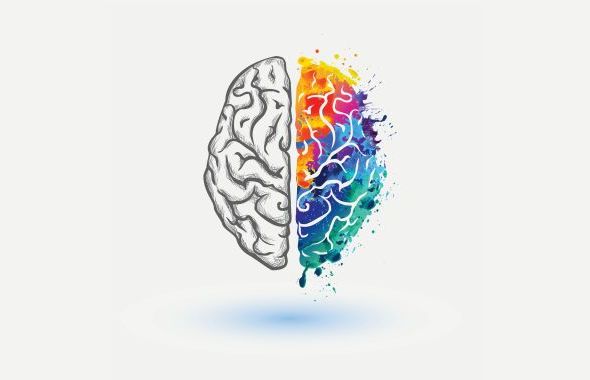The Next Frontier of Neuroscience and Juvenile Justice

Event Description
In the fifteen years since the United States Supreme Court referred to developmental science in ruling the death penalty unconstitutional for juveniles in Roper v. Simmons, state and federal courts have seen a wave of neuroscience-informed juvenile justice litigation. Advocates have come to see neuroscience as a powerful tool, and the Supreme Court has cited to neuroscience research in subsequent cases further restricting harsh punishments for juveniles in Graham v. Florida and Miller v. Alabama.
But the full potential of neuroscience in juvenile justice has yet to be reached. Advances in neuroscientific understanding of the developing brain, including development in emerging adulthood from ages 18 to 25, are only beginning to enter legal cases. Moreover, advocates are recognizing that to make a more direct and profound impact, group-averaged neuroscience evidence must be complemented by individualized clinical assessments. This panel discussed scientific and legal developments, and the new innovations they suggest at the intersection of neuroscience and juvenile justice.
Panelists
- Marsha Levick, Chief Legal Officer and co-founder of Juvenile Law Center
- Leah Somerville, Professor of Psychology and Director of Graduate Studies in Psychology, Harvard University and faculty, Center for Brain Science
- Moderator: Robert Kinscherff, Faculty, Doctoral Program in Clinical Psychology and Associate Vice President for Community Engagement, William James College; Associate Managing Director, Center for Law, Brain, and Behavior, Massachusetts General Hospital
Part of the Project on Law and Applied Neuroscience, a collaboration between the Center for Law, Brain & Behavior at Massachusetts General Hospital and the Petrie-Flom Center for Health Law Policy, Biotechnology, and Bioethics at Harvard Law School.